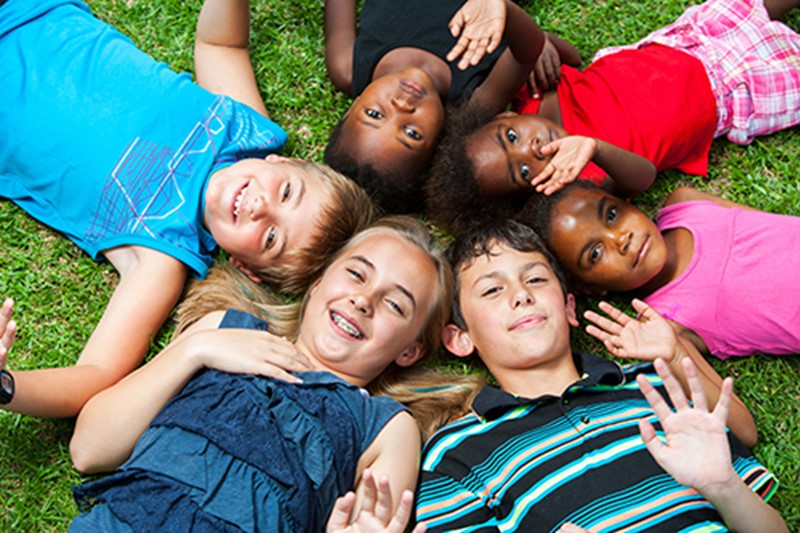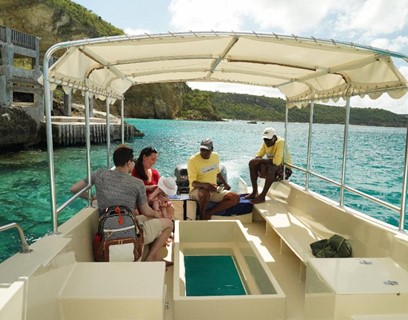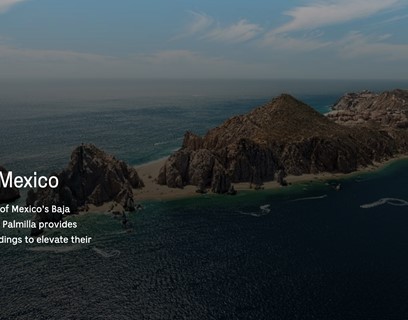
What is tolerance? Voltaire describes it as “the consequence of humanity. We are all formed of frailty and error; let us pardon reciprocally each other’s folly – that is the first law of nature.”
As the world becomes increasingly global, solutions to fighting bias because of an individual’s race, religion, sexual orientation or other characteristics still remain a local challenge. Each one of us has a part to play in our everyday life if we are going to solve the global challenge. Being tolerant in a global world means understanding and being able to connect with all the people immediately around you, the peers with whom you share a community and being equipped with the skills to find a “common ground” in any conflict.
How can education help students develop these skills? What specific strategies can be employed in classrooms to give students the important skills they need to maneuver a modern, diverse world? This month, our top global teacher bloggers tackle these questions and share their unique perspectives.
“Generation Global is a platform for the students which facilitates them with their skills and experience they need to navigate difference in a peaceful way. It enhances their creativity and broadens their minds across the globe,” writes Rashmi Kathuria (@rashkath). “Online and through video conferences, students interact directly with their peers around the world, engaging in dialogue around issues of culture, identity, beliefs, values, and attitudes.” Read More.
“We do not know for sure whether a child will have to move in the future, however, every school, teacher needs to be ready to adapt if that happens. All children in the 21st century need to learn as well as orient themselves to cross cultural boundaries, regardless of ethnic boundaries, race, age, geography or other boundaries,” writes Nam Ngo Thanh (@mrnamvas). “Children also need to be taught sympathy, love of human kind so that they are ready to welcome immigrant friends to their class, community.” Read More.
“Every society needs to find ways to raise children to become responsible citizens. This process of socialization involves internalizing the expectations and norms of society and becoming capable of conforming to them,” writes Maarit Rossi (@pathstomath). “A restorative approach strives to develop compliance with social norms and rules through the internalization of responsibility for one’s actions and a respect for the rights of other people.” Read More.
“Like most human behaviour, when an institution doesn’t measure and report on something, it inadvertently promotes its unimportance to both teachers and students,” writes Richard Wells (@EduWells). “As migration and urbanization increase our social and cultural diversity, most communities are being reshaped faster than education, as a system, can cope with. Fortunately, for a few students, some teachers are making an effort but when wanting to improve the situation wherever conflict appears, we need to move beyond knowing (theory) and alter people’s natural behaviour (practice).” Read More.
“Real educators that know our role to be that of catalyst for the development of globally engaged citizens of the world and of the human family, know that we have to provide an alternative rhetoric of ‘us’, of ‘we not me’, of community spirit, of Ubuntu, of finding our real value and identity through our empathy and through our active pursuit of skills, knowledge and values that will enable us to build others as we grow and not at the expense of others,” writes Miriam Mason (@EducAidSL). Read More.
“While there is no way to completely avoid conflict, there are some strategies to help our students – and ourselves – cope with the stress and reach common ground. I will focus on prevention first. A well-managed classroom with clear expectations for everyone, a resourceful teacher and a good social climate are less likely to breed conflict. If kids learn to manage their own emotions and actions, even when conflict arises, it will be much easier to resolve,” writes Elisa Guerra Cruz (@ElisaGuerraCruz). Read More.
“Human Differences is a global student-centered project. Students from 50 schools over 37 countries (6 continents) focus during 5 weeks on how people differ. During 5 different topics they brainstorm, do research, discuss, structure ideas, present and share findings about Gender Equality and Conflicts,” writes Koen Timmers (@zelfstudie). “They created content and created a situation in which everybody – both students and teachers – learned from each other.” Read More.


